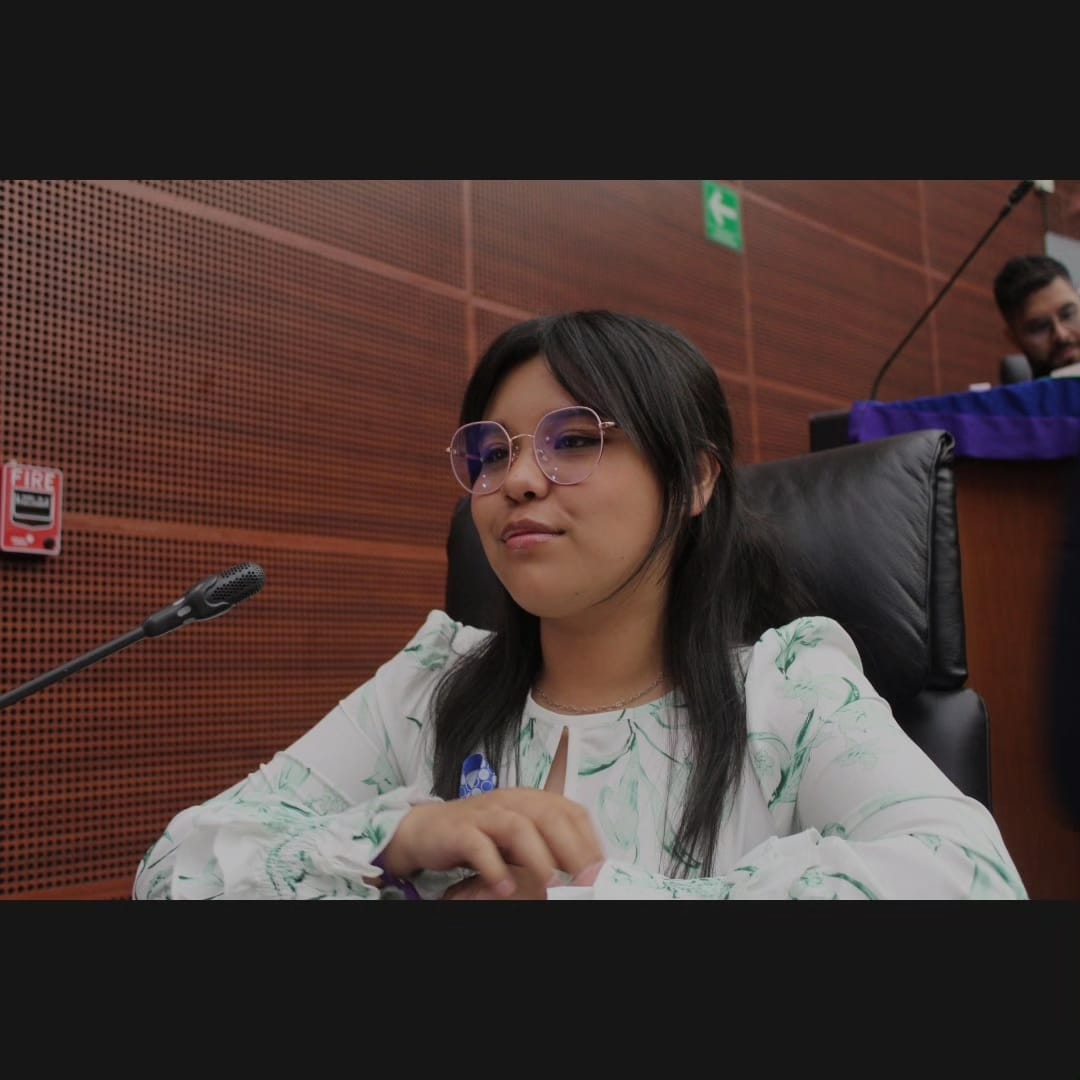By Fernanda Monserrath Gutierrez Zaragoza
Youth Advisory Group-GOYN-CDMX
In Mexico City, a silent pillar sustains the well-being of our communities: caregivers. This group, composed predominantly of women, faces daunting challenges ranging from lack of recognition to economic hardship. Among them, young caregivers represent a particularly vulnerable sector, whose stories invite us to reflect and act to transform a system that, to date, has failed to offer them support.
According to the National Institute of Statistics and Geography (INEGI), in Mexico more than 321,000 people over the age of 15 participate in unpaid care work. Of this percentage, 751,000 are women, and a large portion of them are young. These responsibilities, which should be shared equitably among all sectors of society, fall disproportionately on the shoulders of young people, limiting their access to educational, employment, and personal opportunities.
The invisible cost of care
Care work is a fundamental activity that sustains both the formal economy and everyday life. However, when it is unpaid and unrecognized, it becomes a burden that perpetuates structural inequalities. According to UN Women, in Mexico, women spend three times more time than men on unpaid care work, a phenomenon that generates what is known as "time poverty." This concept reflects the reality of those who, in fulfilling their caregiving responsibilities, sacrifice their personal and professional development.
In my experience as a young caregiver, these numbers take on a new meaning. From a young age, I took on the care of my brother while balancing my studies and other family responsibilities. This duality is not unique; it is the reality of thousands of young people in our city who live at the limits of their emotional and physical capacity, facing invisible barriers that condition their lives.
The system we dream of: Towards a comprehensive care model
To address this crisis, we need a public care system that is inclusive, equitable, and effective. This model must ensure that caregivers, especially young people, can access services and programs that allow them to live fully without giving up on their dreams.
Recognition and remuneration: Unpaid care work represents 14.71% of the national GDP, according to the INEGI (National Institute of Statistics and Geography). It's time for this contribution to cease to be invisible. Policies that provide economic benefits and social security to caregivers would be a first step toward equity.
Inclusive education and employment: Nearly 3 million young people in Mexico have had to abandon their studies or jobs due to their caregiving responsibilities. It is crucial to design policies that include scholarships, flexible schedules, and training programs so they can continue their academic training and access decent jobs.
Emotional support and mental health: Stress and anxiety are a constant in the lives of caregivers. According to data from ENASIC, 701,000 people report high levels of emotional exhaustion. The implementation of mental health programs and psychological support networks could make a significant difference in their well-being.
Gender co-responsibility: It is urgent to change the cultural narrative that associates caregiving exclusively with women. Promoting men's active participation in caregiving tasks is essential to building a more equitable society.
A call to action from youth
We, the youth, are not only the future; we are the present, driving significant change. Through my participation in initiatives such as the filing of an injunction before the Mexico City Congress demanding recognition for caregivers, I have witnessed how our voices can open doors and transform realities. However, this is just the beginning.
We need to build a care map based on the experiences and needs of those who face these responsibilities. Discussion panels, citizen consultations, and community panels should be the starting point for designing empathetic and effective public policies.
Caring should not be a sacrifice
A public care system will benefit not only those who need support, but also those who provide it. Investing in this model is a commitment to the social and economic development of our city. It is an opportunity to ensure that caring is not synonymous with giving up our rights, but rather a shared and valued endeavor.
As a young caregiver, I've learned that every sacrifice brings with it a lesson, but I've also understood that it's possible to transform our experiences into concrete proposals. Young people have the potential to lead this change, to demand a fair system, and to build a future where everyone has equal opportunities to grow and prosper.
It's time to act. To recognize that behind every home, behind every family, there are stories of care that deserve to be heard and supported. Because caring is not just a responsibility; it's an expression of humanity that we must protect and value.






